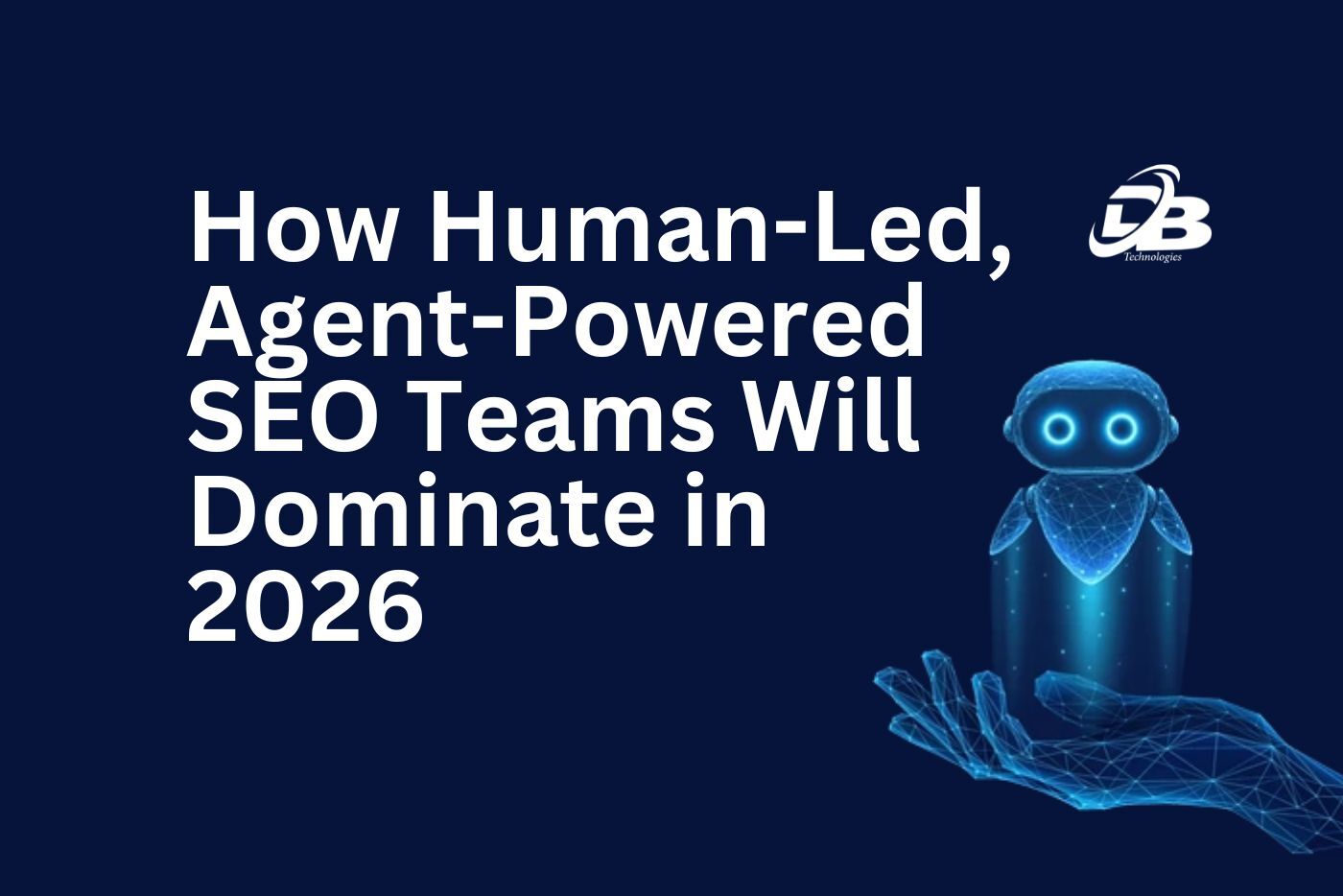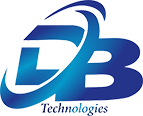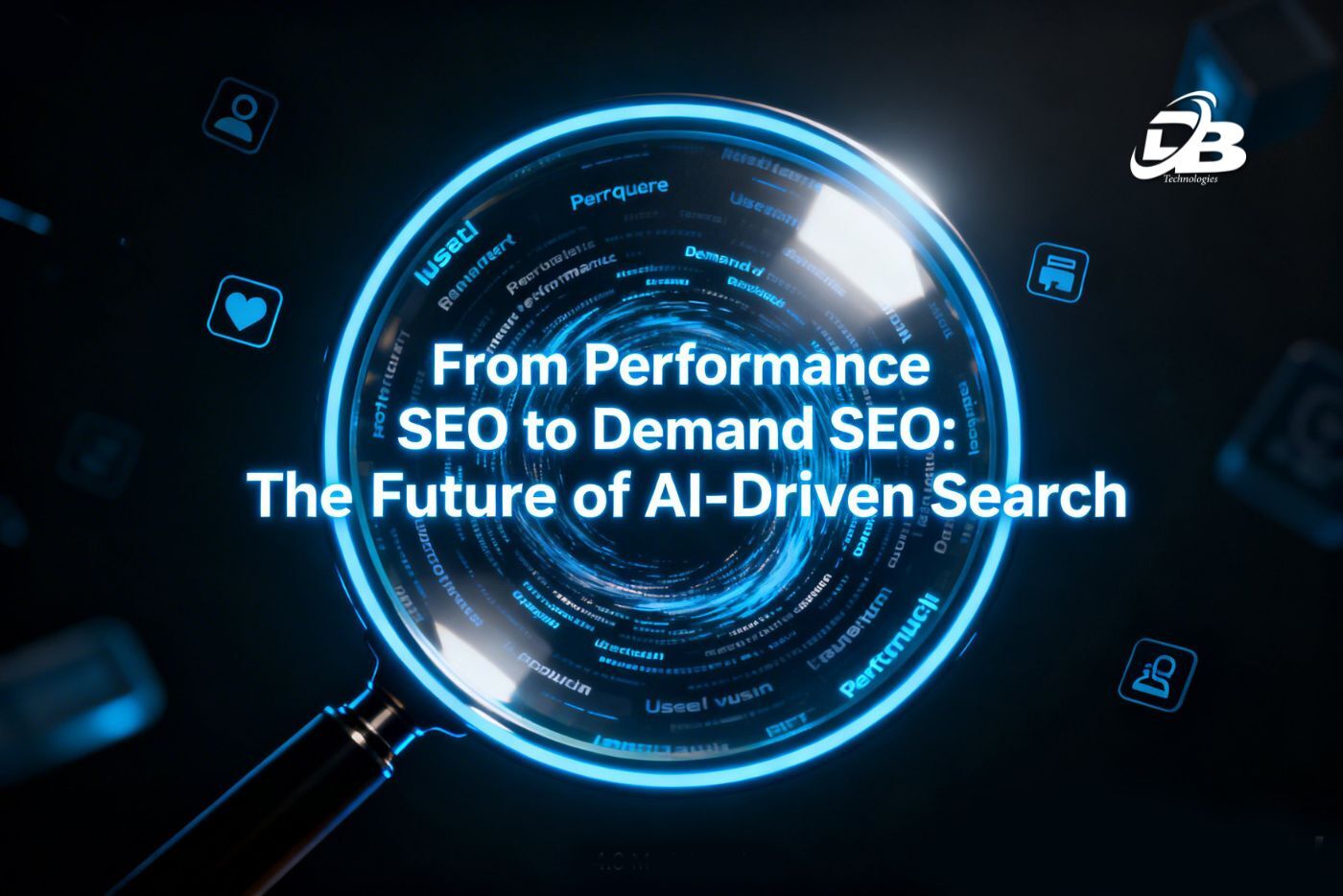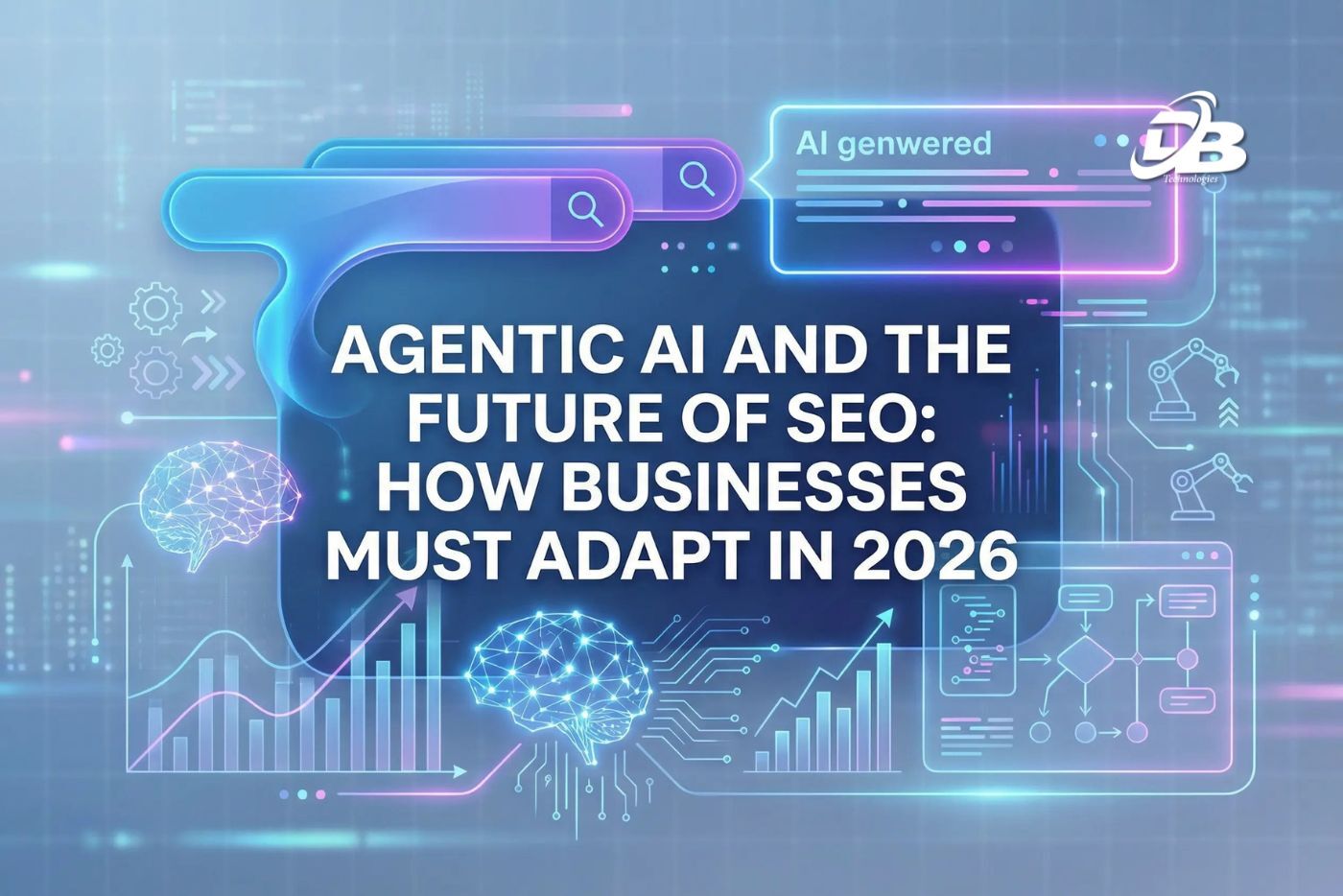
The world of SEO is changing at a dizzying pace. What worked five years ago may barely work today. As we look ahead to 2026, one thing is pretty clear: the teams that will succeed are human-led SEO teams, i.e., teams where people are at the helm, even as they’re supported (and enhanced) by smart technologies and agents.
In this blog I’ll walk you through why human-led teams will dominate, what shifts you should watch out for, and how you can practically prepare your team now.
Why the Shift Toward Human-Led SEO Teams
Automation and AI are maturing — but not replacing humans
There’s no doubt, AI and automation tools in SEO are getting more capable. For example, modern SEO automation platforms can scan thousands of keywords, cluster topics, and generate content briefs in minutes. But here’s the thing, those tools are best when guided by humans.
Research findings argue that the future of SEO is “human-led, agent-powered teams.”
Search itself is evolving
Search engines aren’t just returning lists of blue links any more. We’re entering an era of generative search, AI overviews, zero-click results, and other increasingly complex formats.
That means the job for SEO is evolving: it’s less about simple keyword stuffing or link volume, and more about relevance, authority, experience, intent, and brand.
What Makes a Human-Led SEO Team Different?
If you’re thinking “Okay, sure — but what’s different in practice?” here’s how a truly human-led SEO team looks and operates differently.
a) Structure & roles
1) Instead of a huge pyramid of specialists (keyword researcher, link-builder, content writer, tech SEO, etc) you’ll see leaner, cross-discipline teams. The Search Engine Land piece says the org-chart needs to move away from pyramids toward “rocket ship” structures.
2) You’ll have a “human plus agent” model. Humans define the strategy, audit the output, manage exceptions. Agents or automation handle the routine.
3) Humans focus on business impact: conversion, pipeline, revenue. As the article states: “SEO has evolved from ‘optimizing for rankings’ to driving measurable business growth.”
b) Workflow & mindset
1) More emphasis on intent, context, experience, rather than just keywords and backlinks. As one trend analysis says: matching search intent is an absolute must.
2) Data-driven but human-in-charge: machines suggest, humans decide.
3) Close integration with other functions: UX, analytics, product, paid media. The human team ensures SEO isn’t isolated.
c) Technology & automation as enablers
1) Marketers now use smart tools to simplify SEO tasks like keyword research, topic grouping, content brief creation, and link building. These systems also help maintain quality by updating old content, auditing pages, and verifying sources.
2) But crucially: humans still vet, refine, instruct, correct the tools. Because machines don’t own brand tone, business strategy, ethics, nuance.
Why human-led SEO teams will dominate in 2026
Here are the key reasons, which helps us to understand,
1. Speed + scalability
Teams that leverage agents and automation can move fast: iterate content, refresh pages, monitor site health, spot opportunities. But without human oversight you risk off-brand content, poor quality, technical issues. With humans in the loop you get speed and control.
2. Search landscape is getting more complex
Because search is evolving (AI overviews, generative answers, voice, zero-clicks) the old “spray and pray” SEO won’t cut it. The article “Future of SEO Teams” noted that SEO job descriptions are changing, fewer purely “writers” or “link builders” and more strategists who can span technical, creative and analytical domains. Human-led teams, by definition, have that capacity.
3. Strategic alignment with business outcomes
Ranking #1 in Google is nice, but business today cares about conversions, pipeline, ROI. Human-led teams think about value, not just traffic. They tie SEO to revenue, not just rankings.
4. Credibility, brand trust, authenticity
As search becomes more about brand, context, authority (and less about tricking algorithms), human judgment around brand voice, ethics, reputation become critical. Machines can’t fully replicate that. A human-led team will build trust, differentiate, align with brand values.
5. Adaptation in real time
When algorithm updates, generative search shifts or consumer behaviour changes, teams that are agile and human-led will pivot faster. Pure automation will lag, because it lacks context, nuance. Humans guide the pivot
Real-World Applications That Work Right Now
Let me give you some concrete examples of what human-led SEO teams are already doing with AI agents.
Content Gap Analysis at Scale
One team I know uses AI agents to analyze their top 20 competitors’ entire content libraries every month. The agent identifies topics that multiple competitors are covering but they aren’t, ranks them by estimated traffic potential, and flags quick-win opportunities.
The SEO lead reviews this analysis, filters based on brand relevance and business goals, and then creates the content calendar. What used to be a quarterly project now happens monthly with less effort.
Dynamic Internal Linking
Internal linking is important but tedious. Some teams are now using agents that crawl their site, understand the topic of each page, and suggest relevant internal links based on semantic relationships.
The human reviews the suggestions (because you don’t want random or forced links), but the heavy lifting of finding link opportunities is automated. One site I saw increased their average page depth by 40% in three months using this approach.
Real-Time SERP Monitoring and Alerting
Instead of manually checking rankings, agent-powered teams set up intelligent monitoring systems. AI agents track SERPs, identify significant changes, and alert the team only when something actually important happens.
For example, if a competitor launches a comprehensive new resource that’s ranking well for your target keywords, the agent flags it immediately with analysis of what they did differently. The human team can then respond quickly instead of discovering it weeks later.
Technical SEO Prioritization
Technical audits often generate hundreds or thousands of issues. Most SEO tools just dump these on you in a list. AI agents can now analyze these issues in context, understanding which ones actually impact rankings and user experience versus which ones are minor.
The agent creates a prioritized action plan based on estimated impact. The technical SEO reviews it, adjusts based on development resources, and executes. No more analysis paralysis from overwhelming audit results.
Practical Tips: How to Build / Prepare Your Human-Led SEO Team
Here we have listed some actionable steps to get your team ready for 2026.
Tip 1: Map out your capabilities
Create a skills map for your SEO function. Example categories:
1) Strategy & business alignment
2) Technical SEO & site architecture
3) Content strategy, storytelling & brand voice
4) Data analytics & insights
5) Automation/agent oversight
Tip 2: Define roles around “human + agent”
1) Assign humans to agent management: they’ll define requests, train the system, monitor output, correct errors.
2) Automate volume tasks: e.g., content refresh suggestions, internal link audits, backlink prospect filtering.
3) Humans own quality control, brand fit, strategy and interpretation.
4) Create standard workflows
Tip 3: Shift your process to intent + business outcomes
1) Start every piece of work by asking: What business outcome does this support? What user need does it serve?
2) Use tools (and human judgment) to understand search intent, content gap, audience problem. For instance: we know matching search intent is now critical.
3) Set KPIs that matters.
Tip 4: Build a tech stack that supports the team
1) Choose your automation tools very wisely.
2) Integrate data: analytics, search console, internal search, UX metrics. Give your humans insight so they can decide.
3) Train team members on how to work with these tools: what tasks to automate, what humans must always review.
Tip 5: Collaborate across functions
The SEO team should not live in a silo . They must work with UX, product, paid media, content marketing, analytics.
1) Since search is really part of the user journey, your SEO team must help shape that journey end-to-end.
2) Humans are good at coordination; automation can help surface the insights, but relationships and alignment are human jobs.
Tip 6: Align your content strategy to the future of search
1) Focus on topics that help your brand show up in new search formats (AI summaries, voice, mobile).
2) Make sure your content is scannable, structured, useful, authoritative — because generative search engines will favour such content.
3) Repurpose existing high-value content rather than always chasing new keywords. Use automation to identify “refresh opportunities”.
Tip 7: Monitor, iterate, and document
1) Automate alerts for significant drops, opportunities, changes. But humans interpret and act.
2) Document your agent workflows, review which tasks to keep automated and which need human rework.
3) Lastly, create a continuous learning culture
Mistakes to Avoid
There are a few pitfalls to watch out for when shifting to this model:
1) Too much automation and too little oversight can lead to a risk of brand mismatch and error amplification.
2) A human team without enough autonomy or breadth may struggle if they’re only doing the old tasks while automation is introduced, which can hurt both morale and results.
3) Ignoring intent or user experience, even with the best stack, will cause content to fail if it doesn’t truly meet the user’s need.
4) Siloed teams can also limit success — if SEO remains isolated, you won’t capture its full value.
What Success Looks Like
So what does a successful agent-powered team actually achieve? Here’s what I’m seeing from the early adopters:
1) 3-5x increase in content production without sacrificing quality
2) 50-70% reduction in time spent on research and data analysis
3) Faster response times to algorithm updates and competitor moves
4) Better work-life balance for team members (less grunt work means less burnout)
5) Higher quality strategic output because people have more time to think
These aren’t hypothetical. Teams are achieving these results right now.
Wrapping up
The future of SEO isn’t human versus machine. It’s human and machine working together.
It’s true that AI stuff is cool and powerful, but what matters is how your team uses it. I’ve seen companies with the fanciest tools produce mediocre results because they forgot that strategy still matters. And I’ve seen smaller teams with basic AI agents absolutely crush it because they understood where to apply human judgment and where to let the machines do their thing.
Our advice is simple: Pick a time-consuming task this week and find an agent to help you with it. That’s it. You don’t need a perfect plan. Whether we like it or not, the SEO game is growing rapidly. But your human expertise isn’t becoming less valuable – it’s becoming more valuable. You just need the right tools to enhance it. Start small, learn fast, and put your team at the center of everything you do. This is how you will win in 2026.












